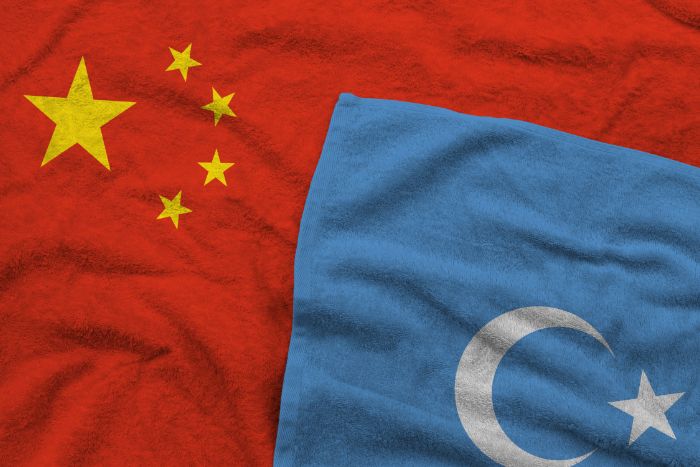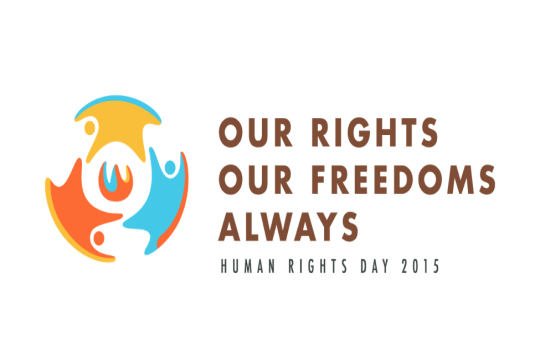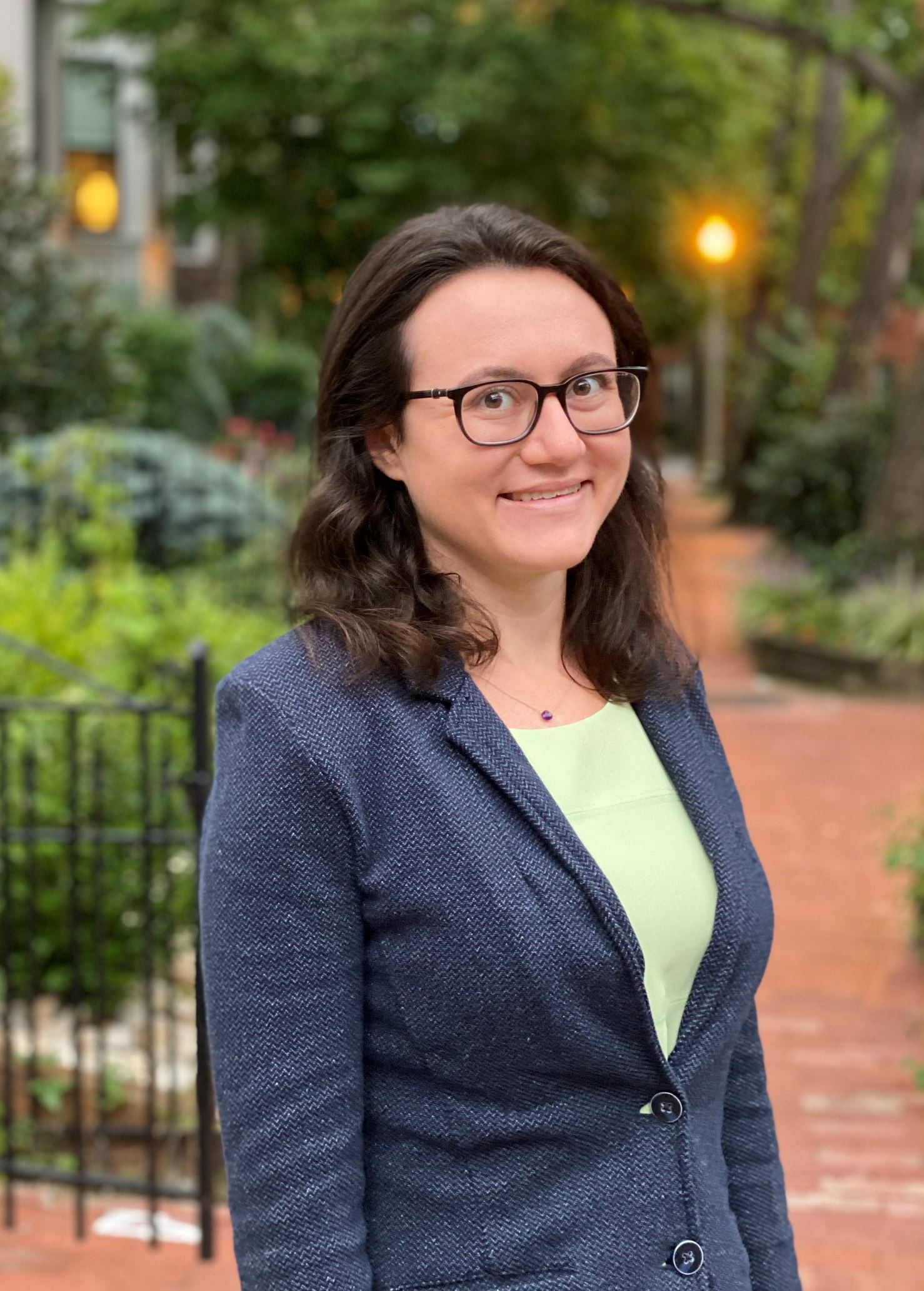
On Passover, we tell the Exodus story and rejoice in our liberation from Egypt. The seder is an occasion to celebration the Jewish people’s triumphs, recline in our chairs, and enjoy the sweetness of freedom – yet it is also a moment of responsibility, as we reaffirm our obligation to free those who are still enslaved. Through recounting our journey from Egypt, we empathize with people who still face persecution, and renew our moral imperative to stand up for the oppressed.
This Passover, we turn our attention to the plight of the Uyghur Muslims in China, one of today’s most horrific human rights crises. Roughly 12 million Uyghurs live in Xinjiang Province, a region in northwestern China, known as East Turkestan in the Uyghur community. The Uyghurs have close cultural ties to Central Asia, practice Islam, and speak their own language, which is similar to Turkish.
Since 2017, the Chinese government has built up a vast network of detention centers in Xinjiang and carried out a brutal campaign of imprisonment and forced labor. As many as 1.8 million Uyghurs – as well as Kazakhs, Kyrgyz, Uzbeks, and other Muslim minority groups – have been detained in Xinjiang.
The overwhelming majority of detainees have committed no crime and have no recourse to challenge their detention. They are targeted and imprisoned simply for expressing their religious and ethnic identities. Attending a mosque, wearing religious clothing, abstaining from alcohol, possessing a Uyghur flag, or contacting family members abroad puts them at risk of arrest and indefinite detention. Survivors’ firsthand testimonies convey the unfathomable cruelty of the camps – overcrowding, sleep deprivation, withholding access to food and water, lack of medical care, psychological abuse, physical violence, unknown injections and other unwanted procedures, and a harsh program of political indoctrination.
Detention is only one component of the oppression that Uyghurs face in Xinjiang. Even outside of the camps, Uyghurs live in dystopian conditions. One especially chilling aspect of the Uyghur human rights crisis is the sophisticated technology at the Chinese government’s disposal. The government operates security checkpoints with facial scanners in Xinjiang, collects extensive biometric data, and forces Uyghurs to download mobile software presumably used for surveillance. The government compiles this information into a massive database, creating lists of “suspicious people” to be targeted for detention.
One of the primary goals of China’s persecution is to erase the Uyghurs’ cultural identity. Over the past three years, at least 9,000 mosques in Xinjiang were destroyed, and thousands more were damaged. Hundreds of thousands of children have been separated from their families and sent to orphanages or high-security boarding schools. Uyghur women are frequently subject to forced sterilization, unwanted IUD implantation, and other traumatizing procedures intended to limit Uyghur population growth; Xinjiang’s birth rate has declined dramatically since mass detention began in 2017.
Forced labor is an integral part of China’s program of repression and indoctrination. Both inside and outside the detention camps, Uyghurs are coerced into taking factory jobs. This economic exploitation is also a form of cultural erasure: Chinese authorities believe that factory labor helps to assimilate Uyghur Muslims to the culture of the Han majority. Experts warn that all economic production in Xinjiang is entangled in Uyghur forced labor, and many prominent global companies are suspected of complicity in coercive labor practices. Because of the Chinese Communist Party’s intense repression and censorship, it is impossible for companies that operate in Xinjiang, whether directly or indirectly, to guarantee that their supply chains are not tied to forced labor.
Despite the Chinese government’s best attempts to shield the world from the truth, courageous Uyghur survivors, journalists, and NGOs paint an irrefutable and haunting picture of persecution in Xinjiang – one that is especially resonant for the Jewish community. Violent attempts to erase Jewish peoplehood and cultural identity recur throughout our history. Uyghurs’ accounts of family separation, forced labor, mass detention, and medical experimentation chillingly echo the horrors of the Holocaust.
As Jews, we will not stand idly by in the face of such injustices. This is why the Religious Action Center of Reform Judaism, Jewish World Watch, and more than a dozen other Jewish and Uyghur organizations are holding an international Uyghur Week of Action, which will begin with a Uyghur Freedom Seder on March 30. We also invite you to explore Passover resources compiled by the Jewish Movement for Uyghur Freedom and reflect on Jewish-Uyghur solidarity at your own seder.
Fortunately, the world is already taking steps to hold the Chinese government accountable for its treatment of the Uyghurs: the United States, Canada, United Kingdom, and European Union recently issued coordinated sanctions on top Chinese government officials for their role in Xinjiang’s forced labor and imprisonment system. However, these sanctions are narrow and limited. The Uyghur Week of Action will push legislatures across the globe to build on these initial actions and pressure the Chinese government to put an end to human rights abuses in Xinjiang. In the U.S., the Reform Jewish Movement and our partners are advocating for the Uyghur Forced Labor Prevention Act (H.R.1155/S. 65), which would ban the importation of goods from Xinjiang under the presumption that they are tied to coercive labor practices.
Register for the Uyghur Week of Action, and urge your members of Congress to cosponsor the Uyghur Forced Labor Prevention Act (H.R. 1155/S. 65).
Related Posts

Caesar Syria Civilian Protection Act Passes Out of House and Heads to Senate


